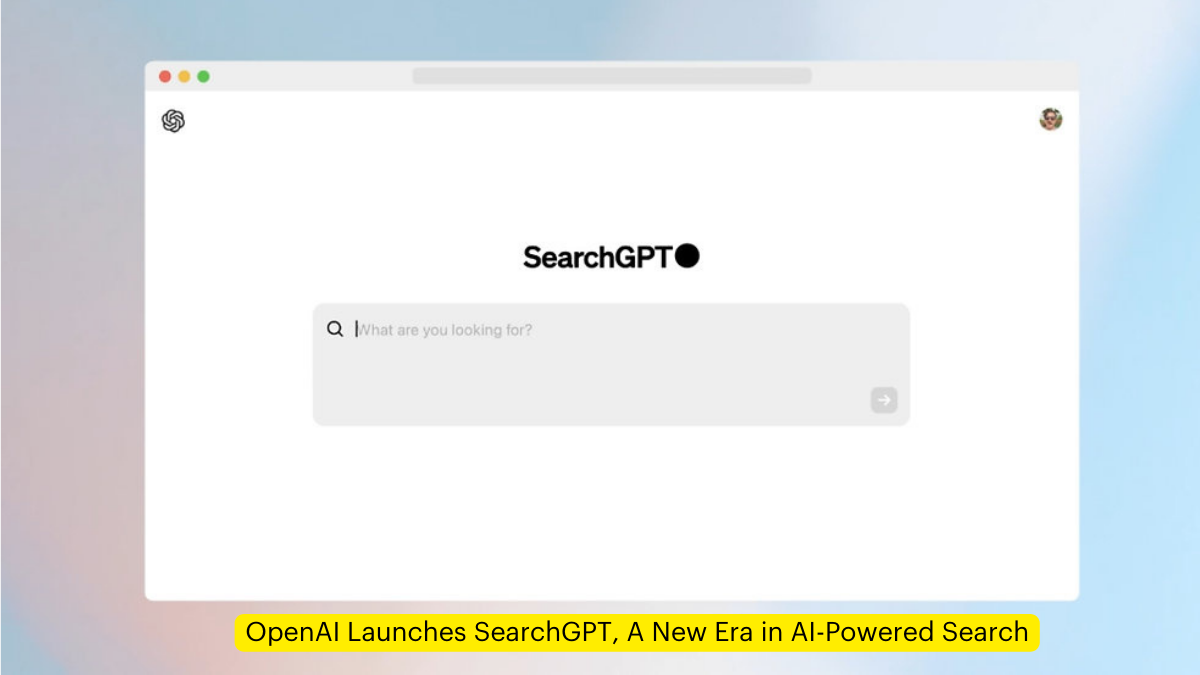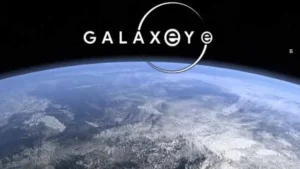In a bold move that could reshape the landscape of internet search, OpenAI, the company behind the revolutionary ChatGPT, has announced the development of an AI-powered search engine called SearchGPT. This initiative represents a significant challenge to Google’s dominance in the $200 billion search market and marks a new chapter in the ongoing AI revolution.
SearchGPT: A Glimpse into the Future of Search
The Prototype Phase
OpenAI has revealed that it is currently testing a prototype of new search features. According to the company’s blog post, these features are “designed to combine the strength of our AI models with information from the web to give you fast and timely answers with clear and relevant sources.”
At present, access to the prototype is limited to a select group of users. However, OpenAI has ambitious plans for the future, intending to integrate these capabilities into ChatGPT, their flagship AI model.
The Promise of AI-Powered Search
The introduction of SearchGPT represents a significant leap forward in search technology. Users can expect to receive fast and efficient answers to their internet queries without the need to sift through multiple links. This streamlined approach to information retrieval could revolutionize how we interact with the vast knowledge base of the internet.
The AI Revolution in Search: A Broader Perspective
The Rise of Generative AI in Search
Since the unveiling of ChatGPT in 2022, tech companies have been exploring various applications of generative AI that could be integrated into users’ everyday tech ecosystems. The ability of generative AI to produce answers and analyze vast amounts of content makes search a natural progression for this technology.
Emerging Competitors
Nearly a year after ChatGPT’s debut, AI-powered search engines like Perplexity and now OpenAI’s SearchGPT are poised to disrupt the search engine ecosystem. These new entrants promise to deliver a more efficient and user-friendly search experience.
The Incumbent’s Dilemma: Traditional Search Engines Face Challenges
Google and Microsoft’s Slow Adoption
While traditional search giants like Google and Microsoft (which is partnered with OpenAI) have been gradually incorporating AI-powered search features, experts argue that their adoption of the new technology has been slow. This hesitancy is largely attributed to the potential conflict with their existing business models.
Google’s Market Dominance
Currently, Google holds an impressive 80 percent market share in the search business, making it the undisputed market leader. This dominance, however, may be challenged by the emergence of AI-powered alternatives.
The Advertising Conundrum
An expert from a major tech consultancy explained to businessline, “Google generates the majority of its revenue through advertising on its search platform. By incorporating AI into search and efficiently generating single answers, it is cutting down on that revenue stream.”
The Race for Innovation: Google’s Response
Google I/O 2024: AI-Enhanced Search
At Google I/O in May 2024, the company unveiled new AI capabilities for search, including an AI overview feature that provides quick summary answers to user queries. The entry of OpenAI into the market is likely to further motivate Google to innovate and maintain its relevance.
The Potential Impact of SearchGPT
Factors Determining Success
Pareekh Jain, a tech analyst, identifies two crucial factors that will determine whether SearchGPT can challenge Google’s monopoly:
- SearchGPT must revolutionize the efficiency of search engines.
- It must motivate users to move away from Google, a known and trusted entity in search.
Jain emphasizes, “SearchGPT’s success could mean Google’s demise because a search market is usually a winner-take-all market and a single search engine holds monopoly.”
Enhanced Capabilities
With SearchGPT, OpenAI aims to enhance the conversational capabilities of its models with real-time information from the web, making search faster and easier. The company states, “SearchGPT will quickly and directly respond to your questions with up-to-date information from the web while giving you clear links to relevant sources.”
OpenAI’s Approach to Publisher Relations
Partnerships and Management Options
OpenAI has taken steps to partner with publishers, offering them ways to manage how they appear in SearchGPT. This approach gives publishers more choices and control over their content’s presentation in search results.
Separating Search from AI Training
Importantly, OpenAI emphasizes that SearchGPT is focused on search functionality and is separate from the training of their generative AI foundation models. The company clarifies, “Sites can be surfaced in search results even if they opt out of generative AI training.”
Important takeaways for all competitive exams:
- OpenAI Founders: Sam Altman, Elon Musk, Ilya Sutskever, Greg Brockman;
- OpenAI CEO: Sam Altman (29 Nov 2023–);
- OpenAI CTO: Mira Murati;
- OpenAI President: Greg Brockman;
- OpenAI Founded: 11 December 2015, San Francisco, California, United States.




 Made in India: Nadda Launches Indigenous...
Made in India: Nadda Launches Indigenous...
 Reliance Announces ₹10 Trillion AI Inves...
Reliance Announces ₹10 Trillion AI Inves...
 GalaxEye’s AI-Powered OptoSAR Satellite ...
GalaxEye’s AI-Powered OptoSAR Satellite ...








